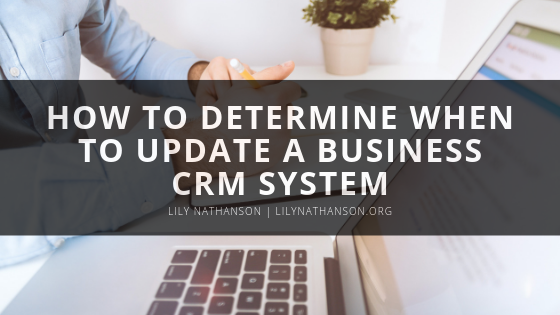A good CRM system can be a game changer for a company. CRM has now extended beyond just the reach of enterprise level companies to reach a level of accessibility even to small business owners. However, a reliable CRM is an investment, and that means you need to be strategic about when to upgrade or change your software. Here are some goalposts you can evaluate that could signify the need for a shift:
The Platform Isn’t Meeting Your Needs
This may seem obvious on the surface, but it’s a little more complicated in reality. Any good CRM sales rep is going to try to pitch you on the most expensive package, but the more complicated features that come with enterprise-level platforms can be an impediment to smaller business owners. Carefully evaluate whether the software you have now is producing the results your business needs, and consider your likely gain against the time and money you’d spend running and learning the intricacies of a more technically impressive platform. Usability is a highly valuable feature.
Your Staff is Reluctant to Use It
Teaching older members of your sales team to start integrating a CRM into their established routine can take some time, but if your salespeople display a continuing reticence regarding the platform, that could be a problem with the software. One of the biggest problems companies face with CRM is that it forces team members to spend more time doing data entry and less time making sales. Even when data entry is done diligently, there can be snags that get in the way. A lack of auditing and established standards for data formatting can make a CRM a trial to navigate, but that’s a situation that can be resolved with newer CRMs that implement smart automation processes.
There’s No Social Media Integration
If you find yourself using third party software to manage your social media outreach or are constantly falling behind the trends on popular social media platforms, CRM platforms that incorporate social marketing, customer service, and selling can help put you at the front of the curve. Platforms like Twitter and Facebook are increasingly becoming the best option for both reaching out to customers and gathering actionable data, and most businesses will need to gravitate towards a CRM with social media management options sooner rather than later.

